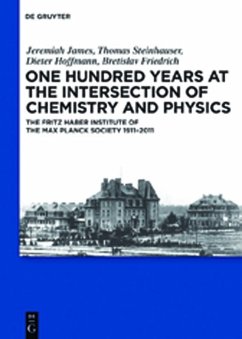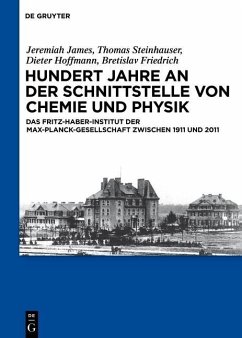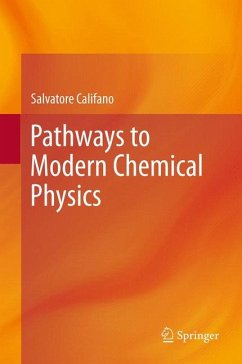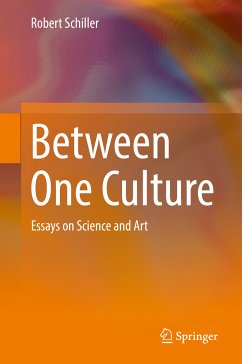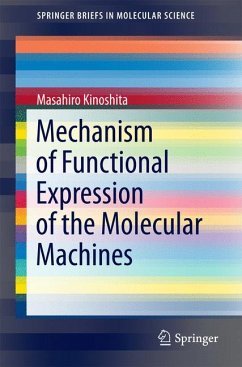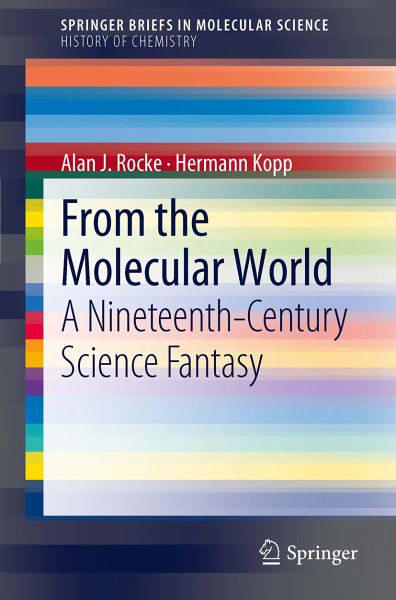
From the Molecular World (eBook, PDF)
A Nineteenth-Century Science Fantasy
Versandkostenfrei!
Sofort per Download lieferbar
40,95 €
inkl. MwSt.
Weitere Ausgaben:

PAYBACK Punkte
20 °P sammeln!
Hermann Kopp (1817-1892) is best remembered today as a historian of chemistry, but during his lifetime he was one of the most eminent chemists of his day, and one of the earliest pioneers of physical chemistry. Late in his career he wrote an endearing fantasy about personified molecules. Published in 1882, Aus der Molecular-Welt (From the Molecular World) portrayed the intimate details of what might actually be happening in the sub-microscopic world; the atoms and molecules we meet there have agency, personalities, sometimes even dialog. Filled with appealing tropes, humor, and whimsical aside...
Hermann Kopp (1817-1892) is best remembered today as a historian of chemistry, but during his lifetime he was one of the most eminent chemists of his day, and one of the earliest pioneers of physical chemistry. Late in his career he wrote an endearing fantasy about personified molecules. Published in 1882, Aus der Molecular-Welt (From the Molecular World) portrayed the intimate details of what might actually be happening in the sub-microscopic world; the atoms and molecules we meet there have agency, personalities, sometimes even dialog. Filled with appealing tropes, humor, and whimsical asides, Kopp's short book provided an examination of the chemistry and physics of his day that was always light-hearted on the surface, but often surprisingly profound. Properly interpreted, the book provides a revealing tour of nineteenth-century debates concerning chemical theory. It is here translated into English, richly annotated, and equipped with an illuminating preface by a leading historian of chemistry. It provides entertaining reading to practicing chemists, as well as new insights to historians of science.
Dieser Download kann aus rechtlichen Gründen nur mit Rechnungsadresse in A, B, BG, CY, CZ, D, DK, EW, E, FIN, F, GR, HR, H, IRL, I, LT, L, LR, M, NL, PL, P, R, S, SLO, SK ausgeliefert werden.



